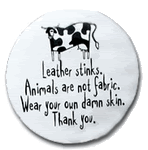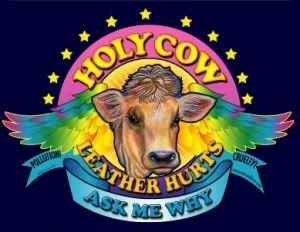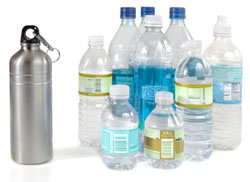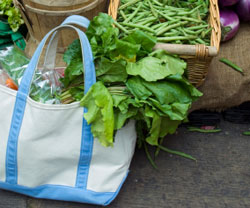
The Stigma Facing Our Dark Furry Friends
By Kelley Diekman
July 30, 2009
Animals are being adopted from shelters every day, but for some reason black dogs rarely make the cut.
The scene is the same in shelters and rescue organizations around the country, rows of black dogs gazing hopefully at families as they pass by them on the way to play with the lighter dogs. This scene is so common, that it has become a problem known as ‘Black Dog Syndrome’. Black dogs and cats are frequently overlooked for adoption, especially if the dog is larger. The shortage of adoptions has lead to a high rate of euthanization for these dark companion animals.
Possible Reasons for Discrimination
There is no solid explanation behind the ‘Black Dog Syndrome’ phenomenon, but there are many possibilities that could contribute to people making the unconscious choice to adopt lighter colored animals.
Black dogs have been seen throughout history and literature as being evil, supernatural, and overall frightening to come across. Superstitious or not, everyone knows that if a black cat crosses your path you are supposedly doomed to have bad luck; this belief may have spilled over to dogs as well. Some believe that the centuries of folklore claiming that black dogs are undesirable may be embedded into our subconscious prompting us to avoid the large black canines.
Families may be concerned about dark dog hair on the furniture, believing they shed more than light breeds. The truth is, several breeds of dark dogs shed less than lighter ones, however the hair is more visible on furniture.
Black dogs are at an immediate disadvantage because they don’t show as well as lighter shade dogs. Dogs residing in dimly lit shelters don’t stick out as much, especially if there are a large number of them. Their whiskers turn gray faster than lighter dogs, so families visiting them in shelters may think they are older and less healthy than dogs whose whiskers aren’t noticeably gray. Black dogs aren’t as photogenic either; lighting and backgrounds need to be bright and cheerful to get them to look good in photos.
Some aggressive breeds have given darker dogs a bad reputation. Pit bull mixes, Doberman Pinschers, and Rottweilers are known for being aggressive, and they happen to have darker fur. Unconsciously people may associate dark fur with these aggressive breeds. Even on television and in movies, dark dogs are usually portrayed as the vicious guard, foaming at the mouth, with teeth bared and ready to attack.
Fighting the Stigma
Many shelters are battling ‘Black Dog Syndrome’ with marketing strategies designed to draw attention to the lovable dark coated cuties. Shelter workers are making extra effort to draw attention to the darker dogs by putting bandanas or bows on them for photos or visitors. One shelter in DuQuoin, Illinois is advertising “It’s raining black dogs at Perry County Humane Society!” and offering discounted adoption fees for black dogs.
Shelters and rescue organizations implore anyone wanting to adopt a furry friend not to overlook the darker dogs. They are just as lovable, caring, and deserving of a good home.




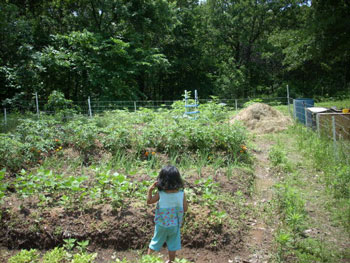 If you are starting a vegetable garden for the first time, you will do best by choosing
If you are starting a vegetable garden for the first time, you will do best by choosing 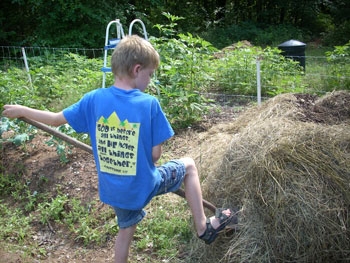 You can make your own organic pest spray by buying a spray pump water and filling it with soapy water, vinegar, garlic powder and cayenne pepper.
You can make your own organic pest spray by buying a spray pump water and filling it with soapy water, vinegar, garlic powder and cayenne pepper. 


